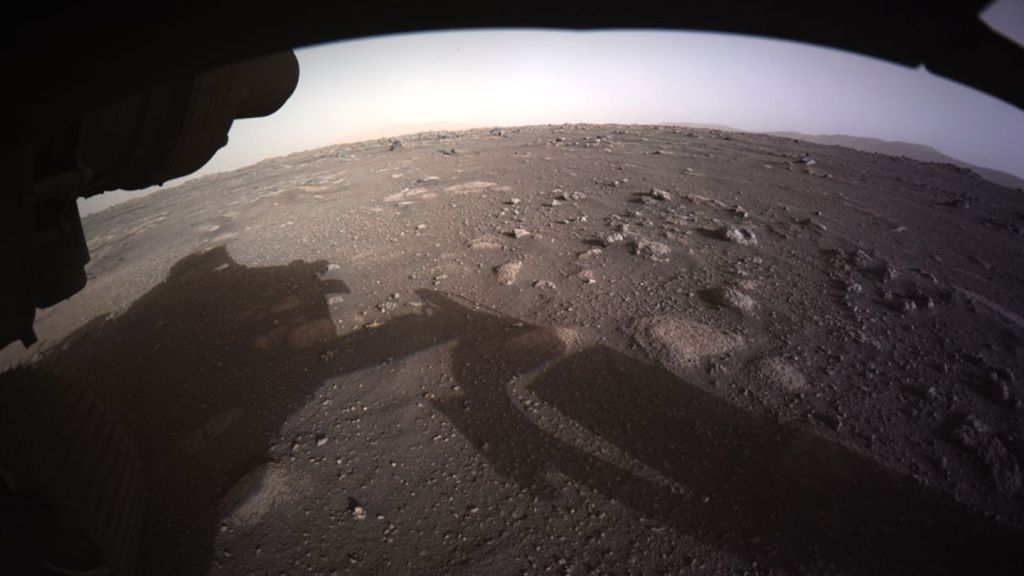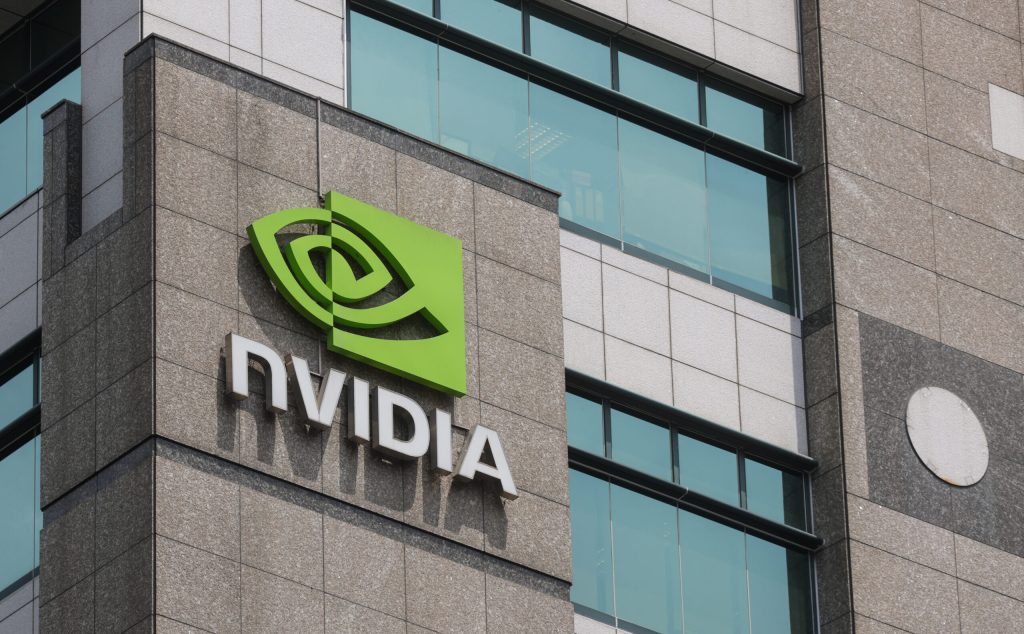The Taco Bell Mars Express! The Doritos Cool Ranch Rover! Could corporate sponsorships be the future of space travel? That’s what NASA is hoping. The agency recently proposed a plan in which the agency would raise $160 billion from companies to fund a manned mission to Mars. The plan is to license broadcast rights, toys, movies, clothing, games and more, or even sell Mars’ mineral and land rights, although the latter plan seems a bit premature.
NASA has never done this before and, of course, there are potential problems. Space.com quotes Timothy Nelson, who specializes in the totally awesome-sounding practice of space law, brings up a good point: ”I think it likely most people would find it difficult to conceive there wouldn’t be any government involvement in such a mission … The possession of a rocket alone would probably trip you up on the military regulations that govern the ownership of missile technology in the United States.
Videos by VICE
Not to mention the pressure to produce profits and kick off the mission quickly might be at odds with the reality of the situation–that planning and safely executing a manned mission to Mars would take a lot of time and a lot of testing. Still, with Congress proposing a $100 billion in spending cuts, the likelihood of a completely government-funded mission to Mars doesn’t seem likely any time soon.
We shouldn’t be surprised in NASA’s move to partly privatize space exploration. From Blackwater to the X Prize, spheres that used to be the exclusive domain of the government are now run by private corporations, with mixed results (yes, we’re subtly hinting about Blackwater, err, I mean, Xe Services). While there is something unsettling in involving a profit motive for, say, military personnel, using corporate money to send a man to Mars seems less controversial. Hell, it’s even been done before, albeit on a smaller scale, when Pizza Hut sponsored a rocket back in 1999. And lets not forget that the Department of Defense already contracts its R&D work out to giant corporations like Northrop Grumman and Boeing. Getting private companies involved isn’t that rare and, in this case, doesn’t seem too troubling. NASA predicts that a project like this could add a total of 500,000 jobs over 10 years to the United States and renew students’ interest in science and space exploration.
Now comes the trickier dilemma: selling land and mineral rights on Mars. Once people found out there were 90 billion barrels of oil hidden in the Arctic, it didn’t take the United States, Russia, Canada, Norway and Denmark long before they starting giving each other the evil eye and finding ways to claim more of the land for themselves. As for now, there are no laws concerning divvying up land on other planets (not that it matters until we find a way to live on Mars). If there are indeed valuable minerals on Mars, its easy to see how the negotiations over land rights could get nasty. Do we want individual countries laying claim to mineral deposits in Mars? Do we want individual corporations to?
Still, compared to the technical and financial barriers of sending a man to the Red Planet, dividing up the planet’s resources seems easy. As the planet recovers from the global recession, using corporate money might be our only option.
Originally published at the Utopianist
Follow the Utopianist on Twitter and Facebook.
Photo: NASA, Wikimedia, CC



